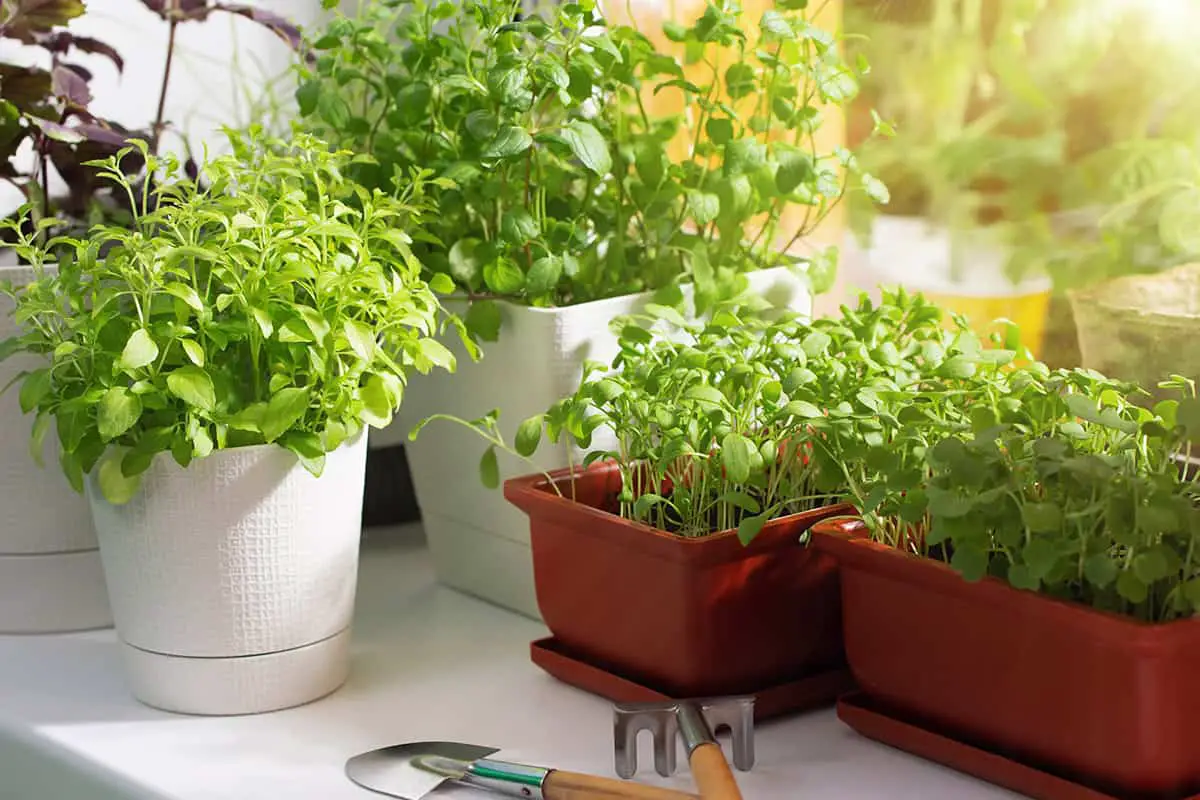You’re preparing dinner and realize how convenient it would be to have fresh herbs right at your fingertips. Grouping herbs in a single pot can save space and add a fresh touch to your meals. Discover which herbs thrive together in a pot and make your culinary adventures more flavorful and convenient.
Table of Contents
Herbs That Grow Together in a Pot
Growing multiple herbs in a single pot can save space and create a convenient kitchen garden. It is essential to match herbs with similar care requirements for the best results, ensuring they thrive together harmoniously.
Basil
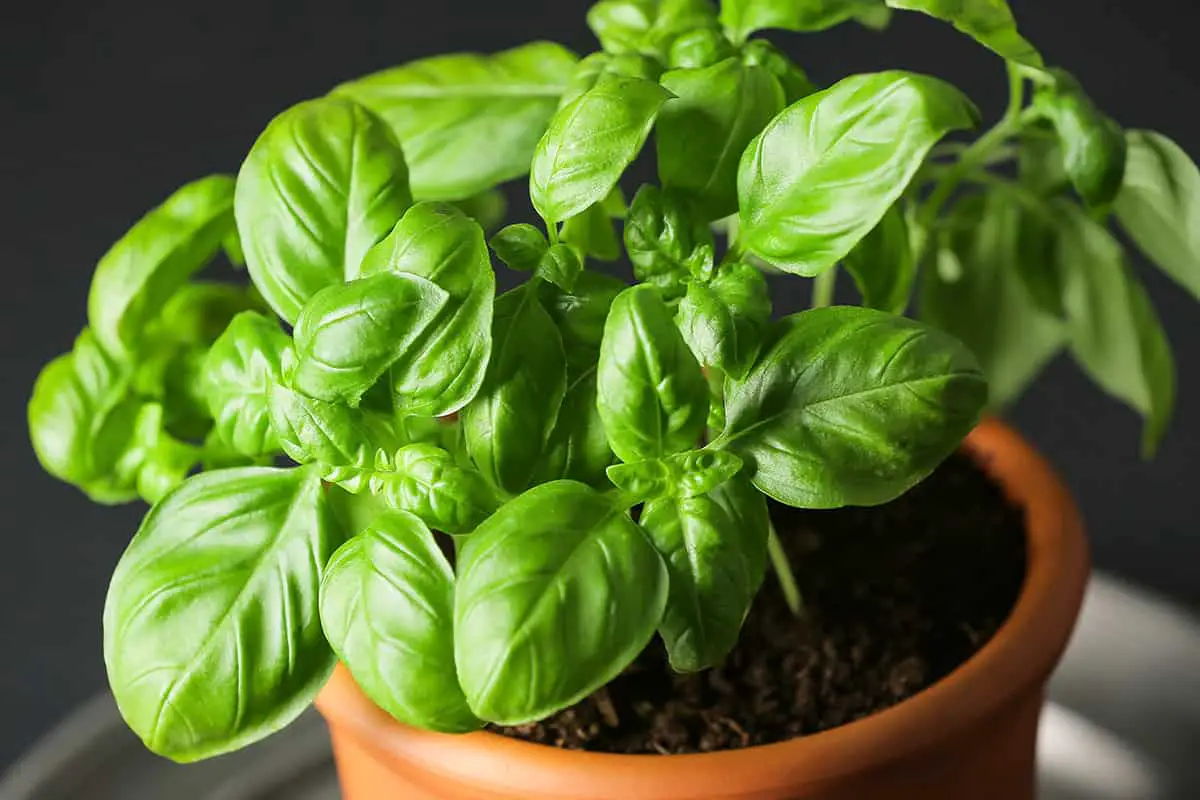
Basil thrives in full sun and well-drained soil. It pairs well with other Mediterranean herbs like oregano and thyme. Basil prefers consistently moist soil but avoids overwatering to prevent root rot. Regular pruning encourages bushier growth. Keep your basil plant near a sunny window or outdoors in a sunny spot if growing indoors.
Parsley
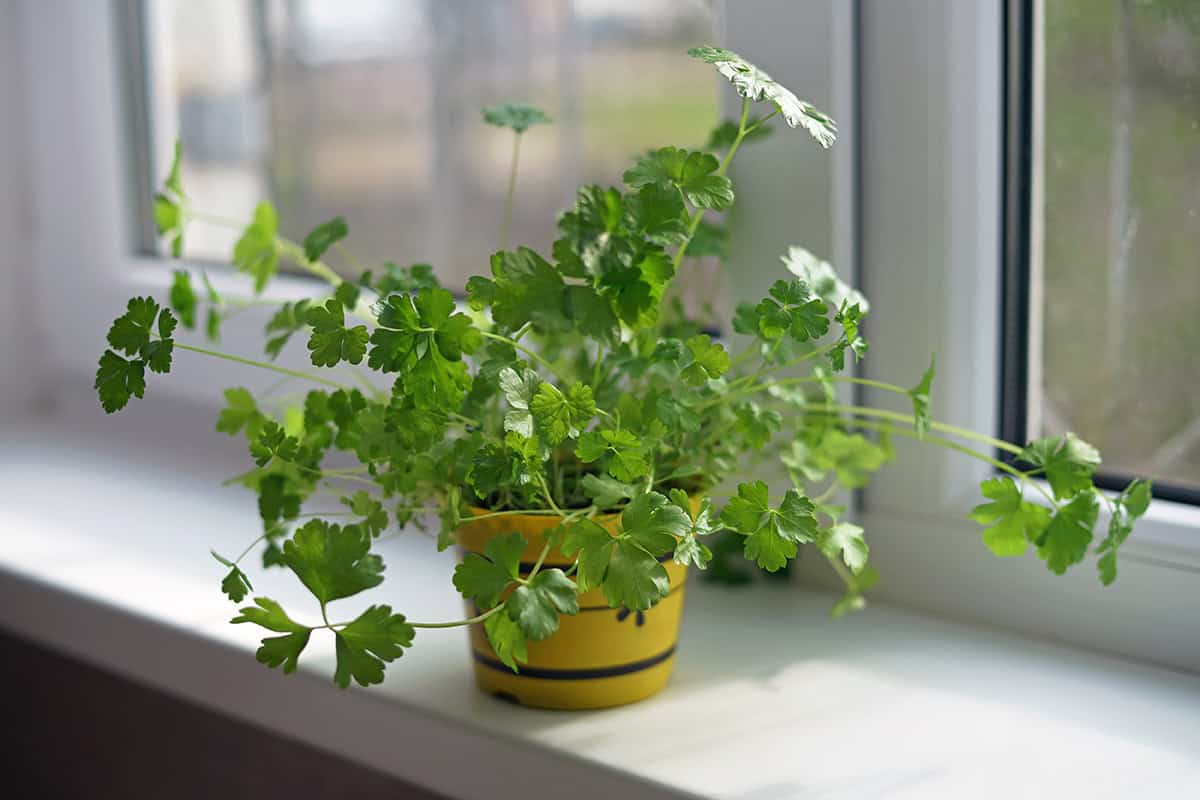
Parsley is a versatile herb that grows well with chives and mint. It prefers partial shade and evenly moist soil. Parsley can be harvested from the outer leaves, allowing the plant to continue growing. Ensure your pot has good drainage to avoid waterlogged soil, which can lead to root problems.
Cilantro
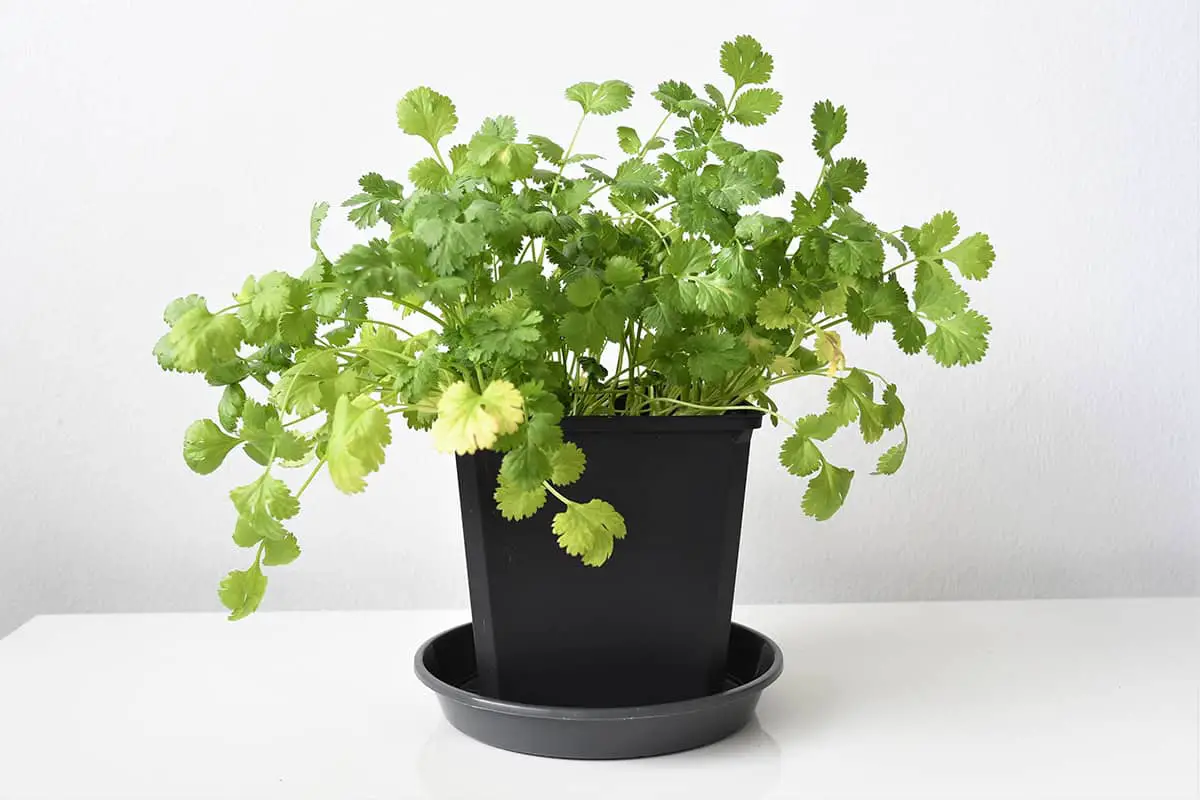
Cilantro enjoys cooler weather and light shade. It pairs well with chives and parsley. Ensure your pot provides adequate drainage and keep the soil consistently moist. Harvesting cilantro regularly encourages new growth and prevents it from bolting too quickly. Place in a location that receives morning sun and afternoon shade.
Mint
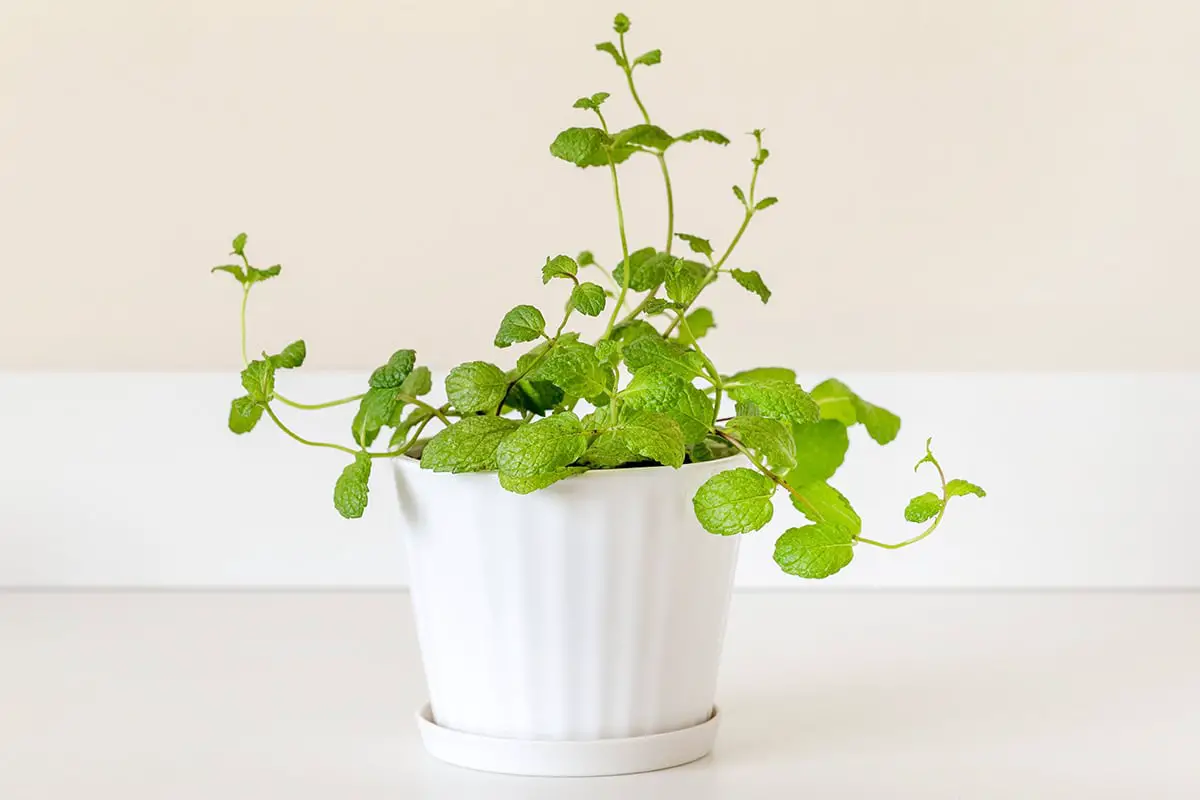
Mint is a vigorous grower and can spread rapidly. It is best grown with other hardy herbs like sage and rosemary. Mint prefers partial shade and consistently moist soil. To control its growth, consider planting the mint in its own pot or using a large container to accommodate its spreading nature.
Oregano

Oregano thrives in full sun and well-drained soil, pairing well with basil and thyme. It is a drought-tolerant herb, so you should avoid overwatering. Harvesting oregano regularly encourages bushier growth. Oregano’s robust nature makes it an excellent companion for other Mediterranean herbs.
Thyme
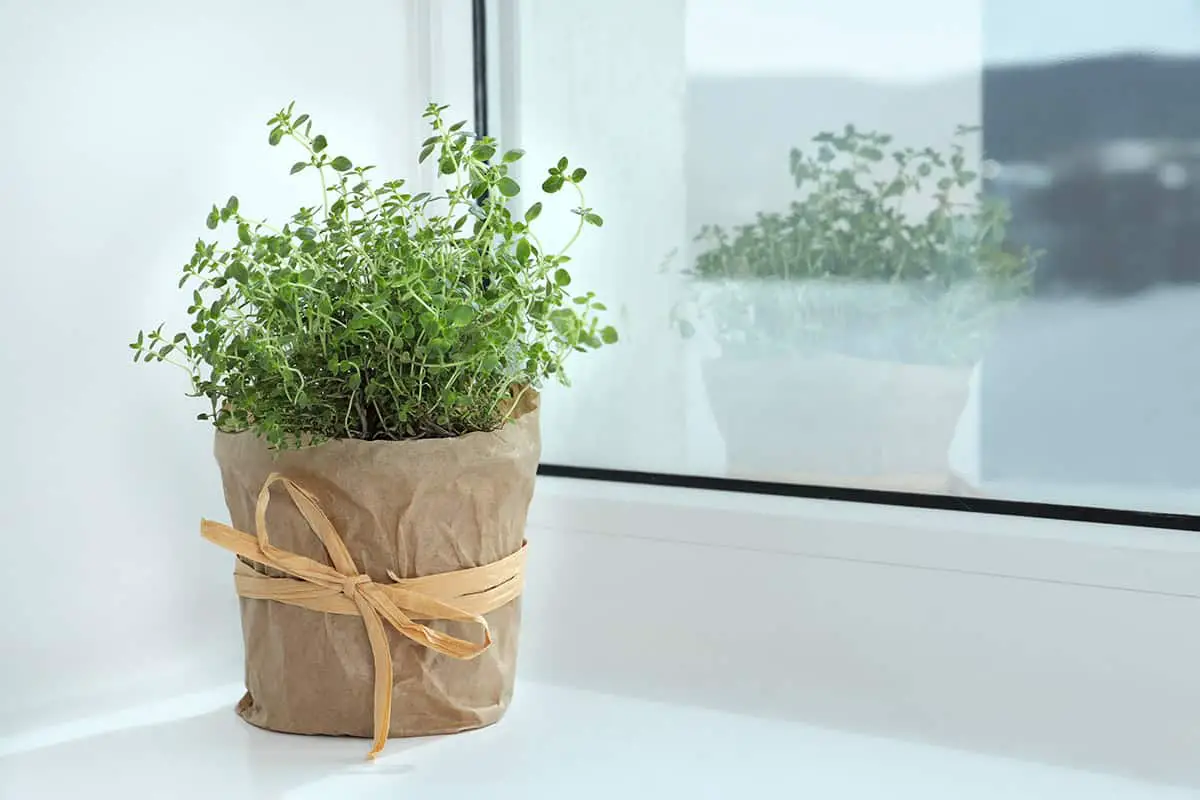
Thyme requires full sun and well-drained soil, making it a good match for oregano and rosemary. It is drought-tolerant and prefers its soil to dry out between watering. Regular trimming promotes denser growth. Thyme does well in containers and is a great addition to any culinary herb garden.
Chives
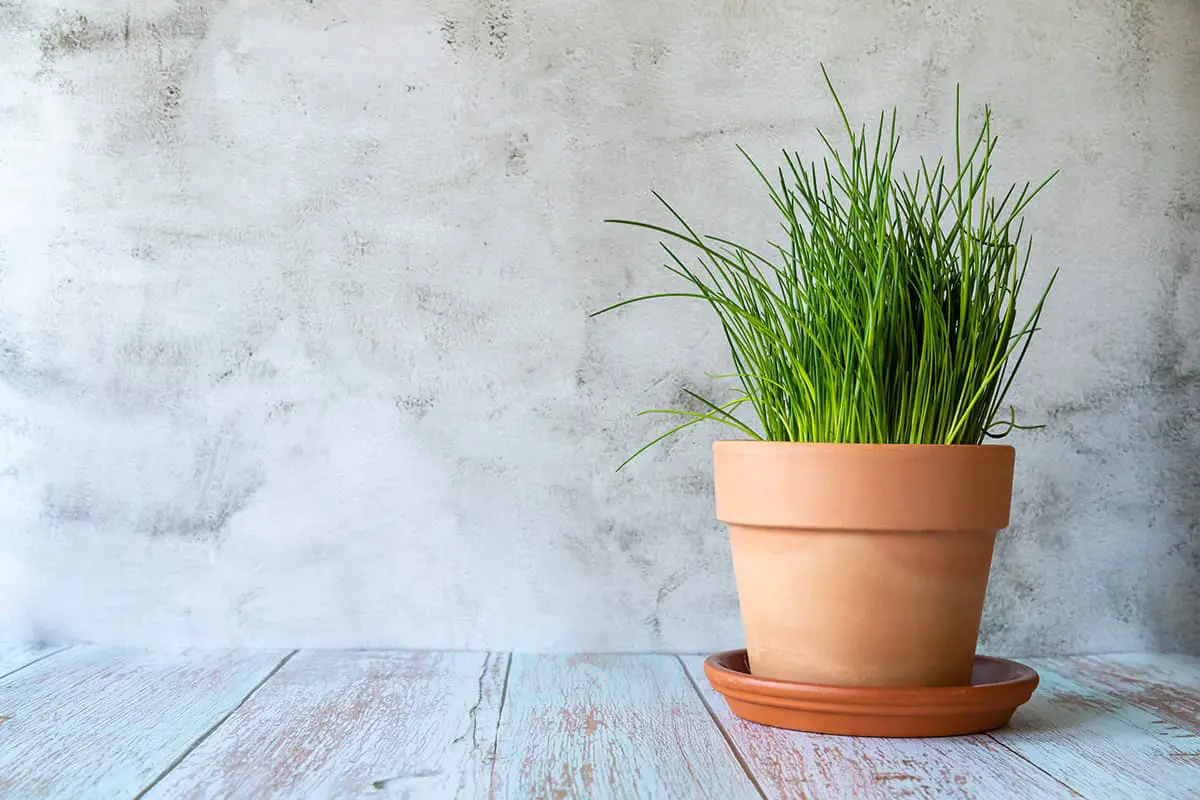
Chives prefer full sun to partial shade and well-drained soil. They can be grown alongside parsley and cilantro. Chives like consistently moist soil but do not overwater. Harvest by cutting the leaves close to the base of the plant. Chives’ grass-like growth makes them suitable for shared pots.
Sage

Sage enjoys full sun and well-drained soil, compatible with rosemary and thyme. It is drought-tolerant and needs its soil to dry out between watering. Regular pruning helps maintain sage’s shape and encourages new growth. Sage’s robust nature pairs well with other hardy herbs in a container garden.
Rosemary
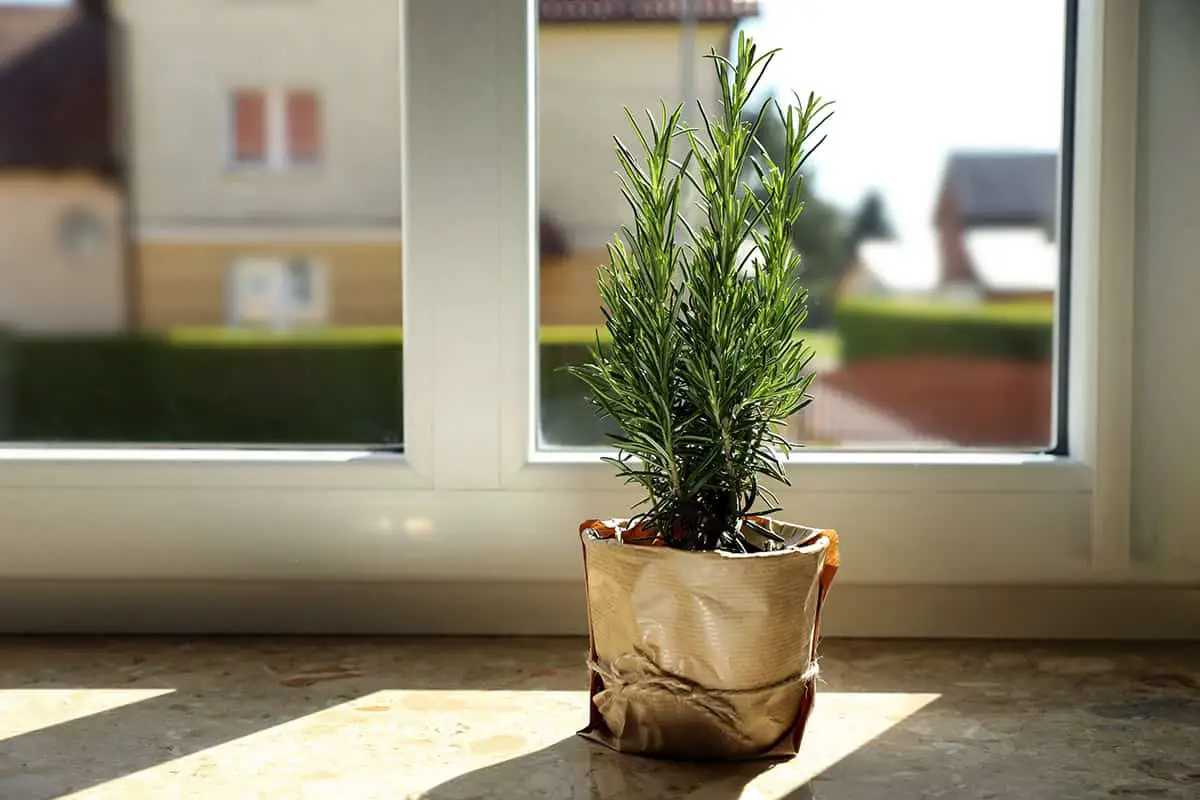
Rosemary needs full sun and well-drained soil, making it a good companion for thyme and oregano. It is drought-tolerant and requires minimal watering once established. Regular harvesting helps maintain its size. Place rosemary in a sunny spot to ensure it receives enough light for healthy growth.
Tarragon
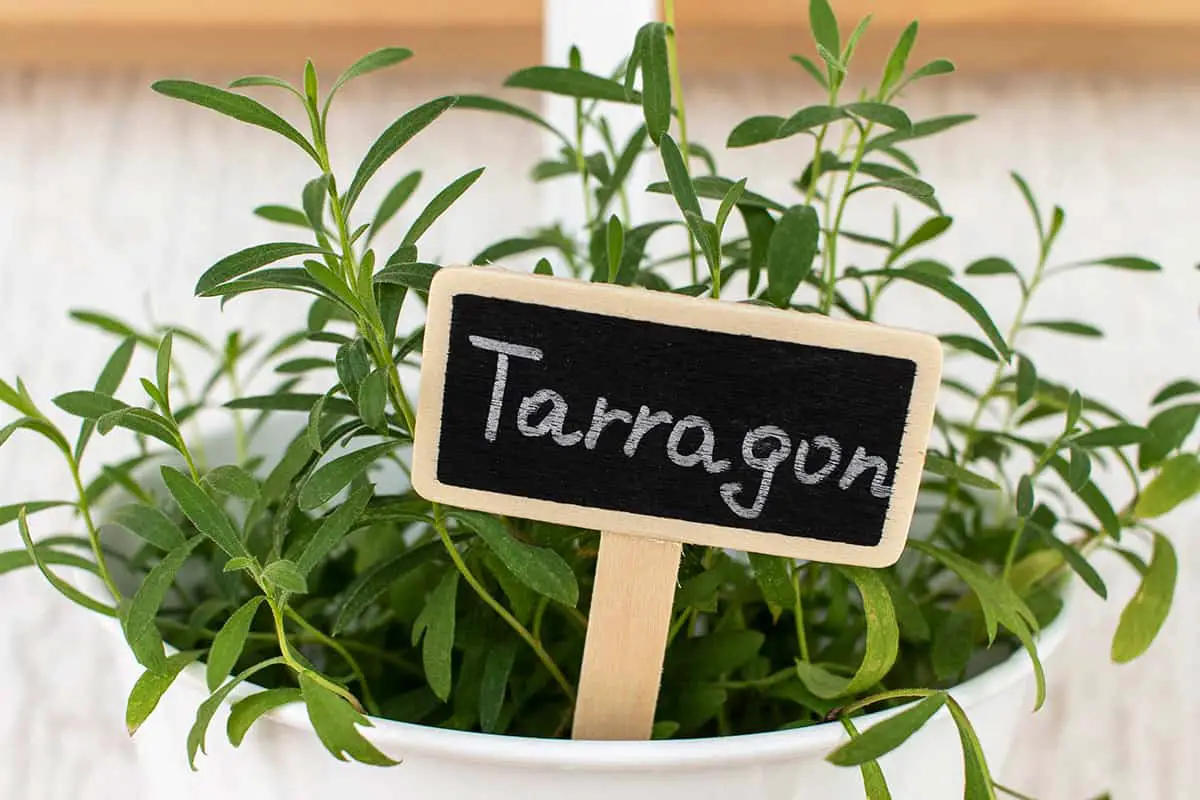
Tarragon prefers full sun to partial shade and well-drained soil. It pairs well with chives and parsley. This herb requires consistent moisture but avoid overwatering. Tarragon’s delicate leaves make it an excellent addition to a culinary herb garden. Regular harvesting promotes continued growth.
Herbs That Should Not Grow Together in a Pot
Growing herbs in a pot can be rewarding, but pairing the wrong herbs together can lead to disappointing results. Some herbs, due to their specific needs and growth habits, are best kept separate to thrive.
Basil and Rosemary
Basil prefers a warm, moist environment and lots of sunlight. Rosemary, on the other hand, thrives in drier conditions and prefers slightly cooler temperatures. Their conflicting needs for water and temperature make them poor companions. This mismatch can cause either herb to suffer, making it difficult for both to thrive in the same pot.
Cilantro and Mint
Cilantro often bolts quickly in warm conditions and needs well-drained, moist soil. Mint, though, is aggressive and requires more constant moisture. Mint’s invasive nature can crowd out cilantro, stealing nutrients and space. These differences make them incompatible in a shared container, as cilantro does not thrive under the constant competition from mint.
Fennel and Most Other Herbs
Fennel releases a substance into the soil that can inhibit the growth of other plants. This allelopathic property can stunt the growth of neighboring herbs like basil, oregano, and others. Its tall growth habit also tends to overshadow smaller herbs, depriving them of necessary sunlight and reducing their chances of thriving.
Dill and Lavender
Dill loves rich, well-drained soil and regular watering. Lavender prefers poor soil and dry conditions. Their differing needs mean they cannot share the same growing environment successfully. Dill’s preference for humidity is in stark contrast to lavender’s need for dry air, making them unsuitable companions for one pot.
Chamomile and Mint
Chamomile needs a moderate amount of water and full sun. Mint, being a water-loving plant, requires consistently damp soil and can grow in partial shade. Mint’s vigorous growth can quickly encroach upon chamomile’s space and resources. Therefore, growing these two herbs in a single container typically leads to uneven growth and poor health.
Sage and Basil
Sage prefers well-drained soil and less frequent watering, unlike basil, which needs consistently moist soil. Sage’s drought-resistant nature does not align with basil’s higher water demands. Their different watering needs mean that pairing them in one pot can lead to one herb becoming overwatered or the other drying out, resulting in poor growth for both.
Oregano and Basil
Oregano thrives in dry, well-drained conditions and can endure more neglect. Basil, however, requires regular watering and rich soil. Their contrasting requirements for moisture and nutrient levels make them a bad match for the same pot. Oregano’s preference for dry conditions can deprive basil of the moisture it needs to flourish.
Chives and Rosemary
Chives need rich, moist soil and regular watering, while rosemary prefers drier, sandy soil and less frequent watering. Their conflicting soil and moisture requirements make it difficult for both to coexist successfully in the same container. Chives need frequent fertilization, which can be excessive for rosemary, leading to imbalance and poor growth.
